The Atlanta native is driven by a passion to shed light on the struggles of people living in marginalized communities.
Knight Science Journalism Program Announces 2019-20 Fellows
The fellows, selected from more than 120 applicants, are an award-winning and diverse group. They include accomplished reporters from the Des Moines Register and Milwaukee Journal Sentinel, veteran editors of international outlets like the BBC and New Scientist, and a freelance journalist who was recently named the European Science Writer of the Year.
Victor K. McElheny Award Now Accepting Entries
The award will recognize one outstanding work of journalism — print, digital, or broadcast — with a $5,000 prize. Submissions will be accepted through January 31, 2019.
Checking in on Fact Checking in Science Journalism
The Knight Science Journalism program at MIT took a close look at one of the profession’s most underappreciated practices — and uncovered a few surprises. At some science news publications, a fact checker could get fired for reading a quote verbatim to a source. At others, it’s standard practice. Still other publications have no formal […]
A Deep Dive Into Ocean Science: KSJ@Woods Hole, May 2017
For a dozen KSJ fellows and associates, a two-day visit to the marine research complex offers an immersion in sophisticated ocean science, from submersibles to cuttlefish.
Carl Zimmer’s Cure for ‘Boring Genome Syndrome’
Genome sequencing “is more and more a part of our culture,” the star science writer tells KSJ fellows. “This is a part of business. This is a part of the modern economy.”


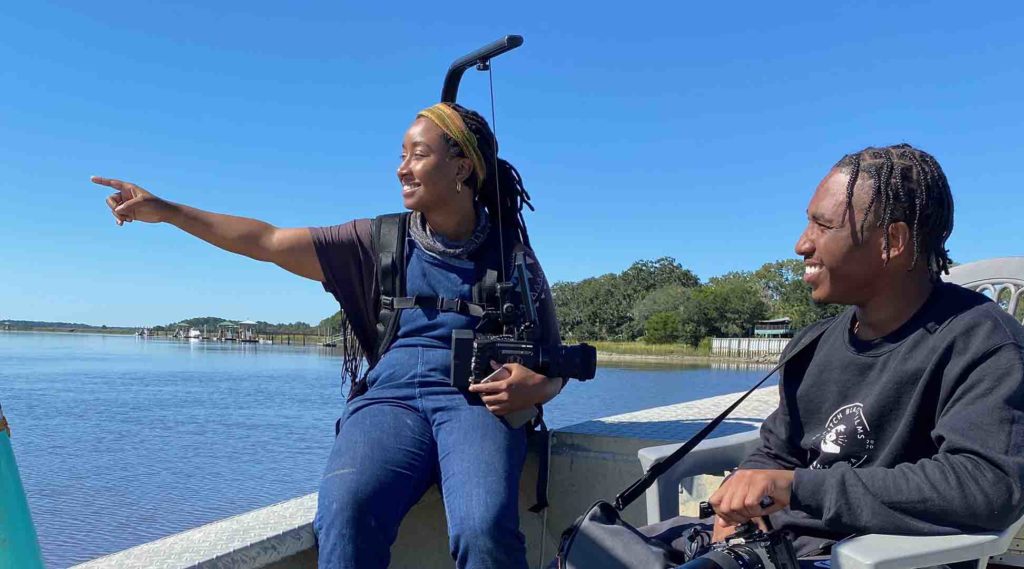 "
"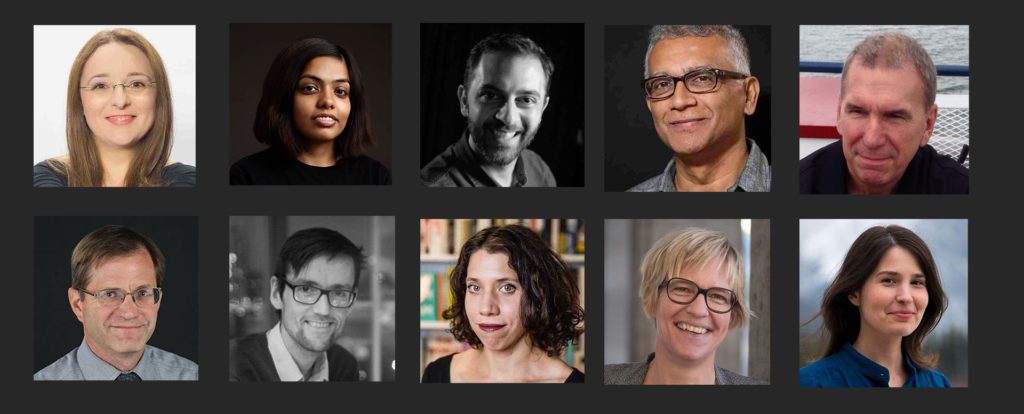 "
" "
"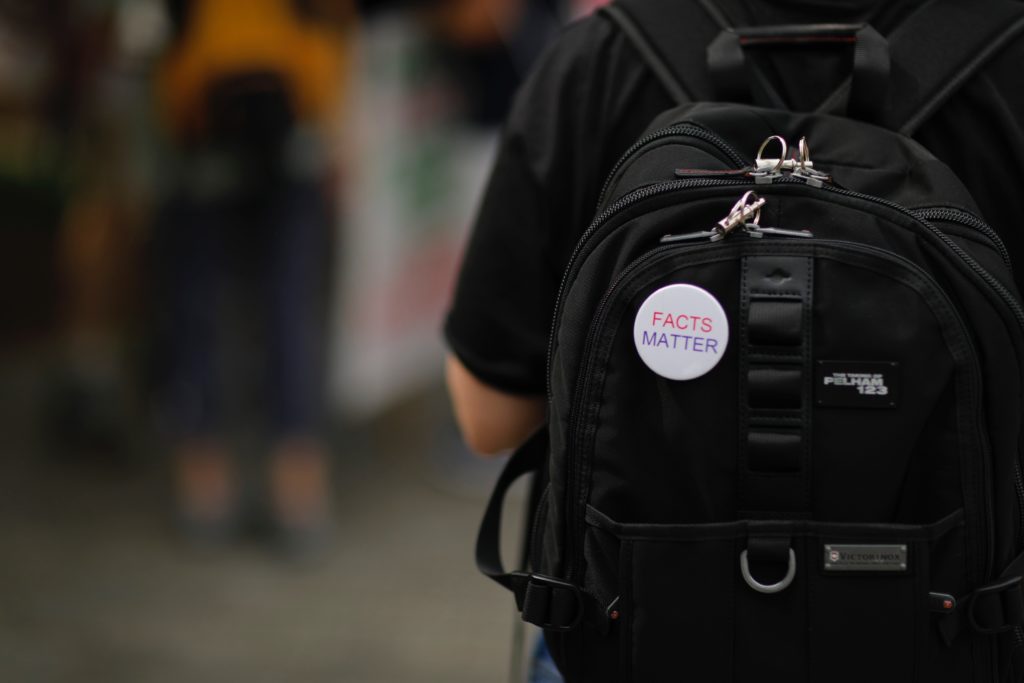 "
"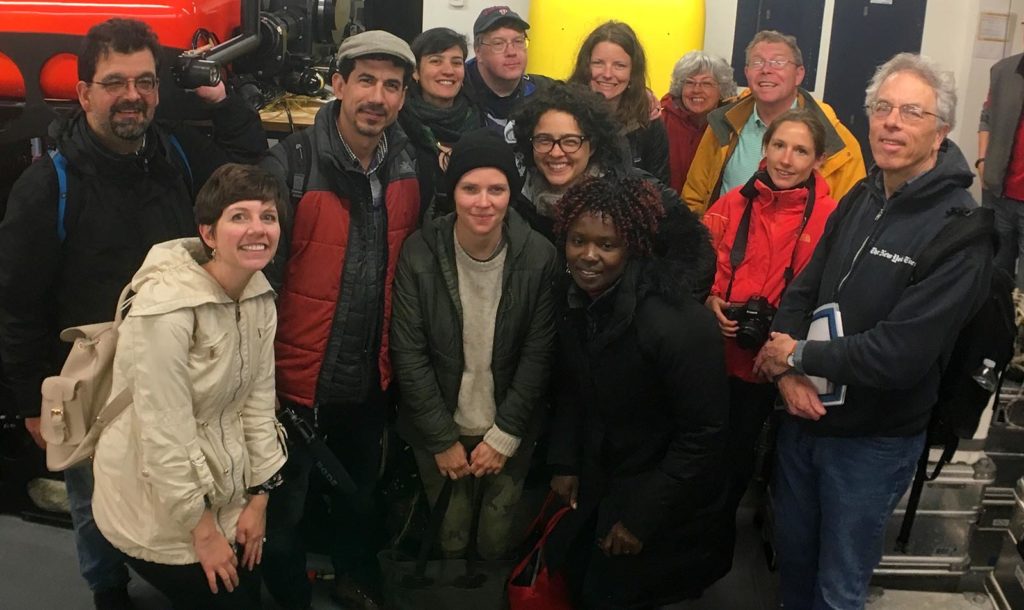 "
"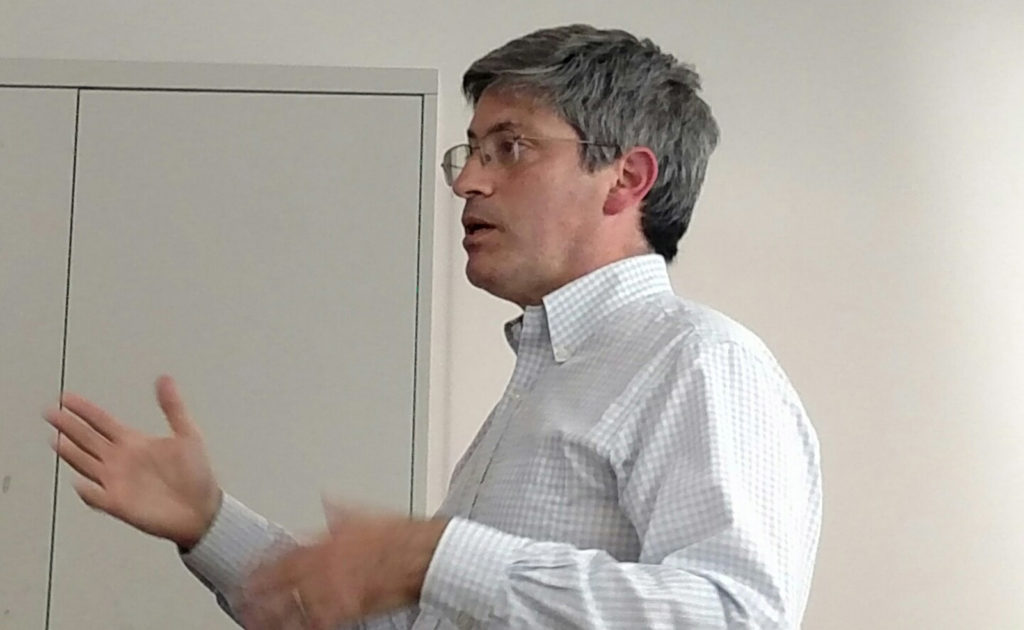 "
"